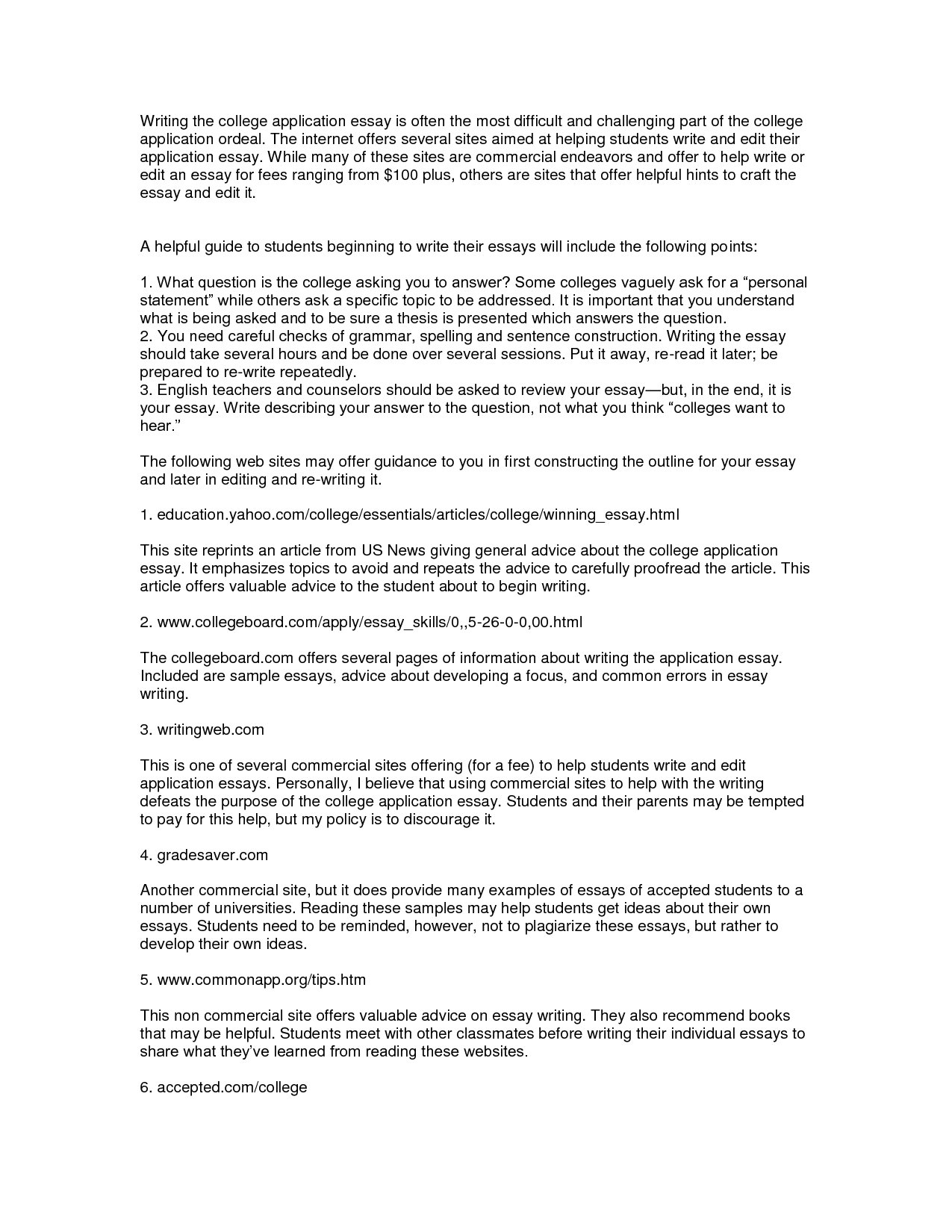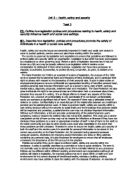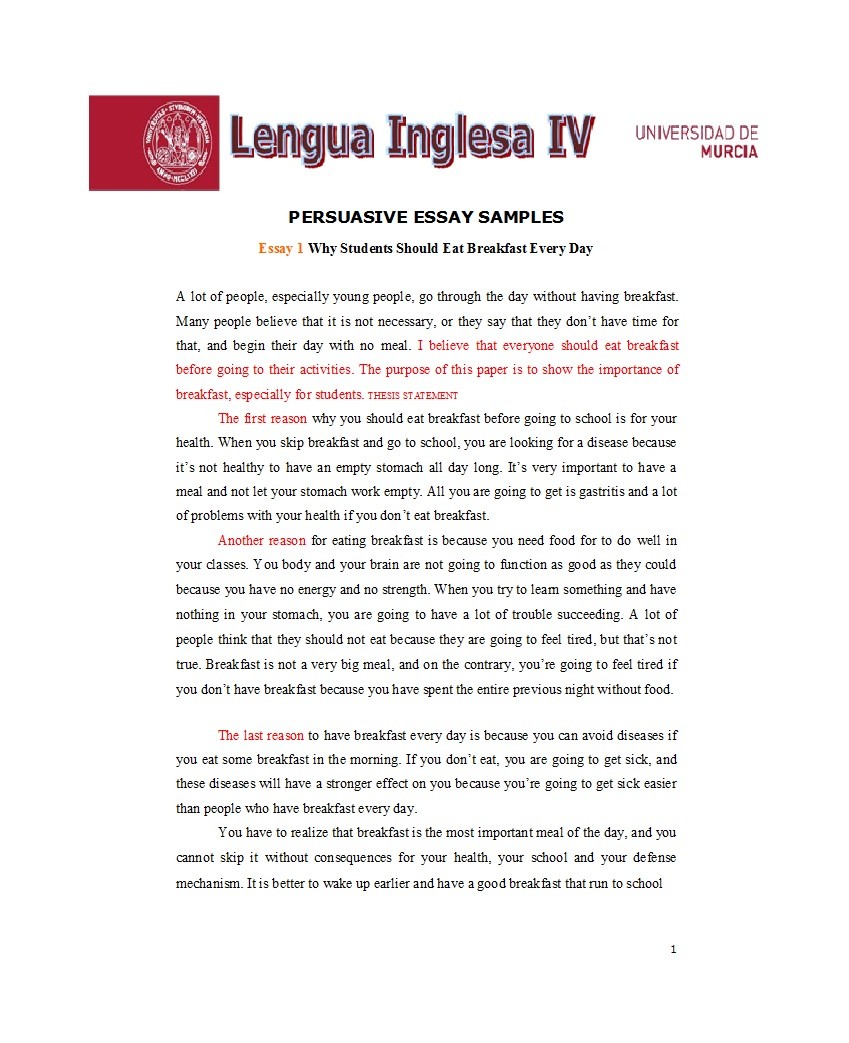The Existentialists: Critical Essays on Kierkegaard.
Page 2 With the advent of digital culture, Nietzsche, Marx and Heidegger—although an unlikely political or aesthetic combination—are critically appreciated together in The Will to Technology as cultural “trauma theorists” in advance of the 21st Century. This book is a transdisciplinary.
This thesis presents an account of nihilism in the philosophy of Friedrich Nietzsche, and a critical response to it using the philosophies of Martin Heidegger and Emmanuel Levinas. Chapter one gives an account of the three different types of nihilism in Nietzsche’s writings, and of how the latest outbreak of nihilism, modern European, came about.

This chapter discusses the interpretation of Nietzsche, especially Nietzsche’s views of the “nihilism crisis,” as these views were developed in Heidegger’s lecture courses on Nietzsche in the 1930’s and 1940’s. There are two main points. First, Heidegger is right, has something very useful to contribute, in trying to understand Nietzsche in terms of his own early existential.

Can we heed Nietzsche's warning? Can we respond to the challenge? In this book, eleven newly commissioned essays from leading scholars offer an attempt to grasp Nietzsche's prescience through Heidegger's critique of it; attempting to think through the philosophical consequences of the last century in reading the signs of our own condition.

Friedrich Nietzsche: Overcoming Nihilism The understanding of Friedrich Nietzsche’s argument suggests that we can overcome nihilism. Nihilism suggests that all values are untrue and nothing is justifiable, and Nietzsche believes one can overcome it by “revaluating our values” (Nietzsche et al. 1887).

Nihilism can be promoted by those in power who benefit from such crises. Nietzsche was worried by what he saw as the growing acceptance of selflessness, self-sacrifice and self-denial as moral ideals. He saw the acceptance of such self-negating ideals as evidence that passive nihilism was spreading like a disease through 19th-century Europe.

The Existentialists: Critical Essays on Kierkegaard, Nietzsche, Heidegger, and Sartre Charles Guignon This volume brings together for the first time some of the most helpful and insightful essays on the four most influential and discussed philosophers in the history of existentialism: Kierkegaard, Nietzsche, Heidegger, and Sartre.

Nihilism, as viewed by Nietzsche following the death of God, is a realization of the meaninglessness of existence. The source of this meaninglessness is the absence of God or any other transcendent interpretation of existence.

Heidegger then explores the different meanings of the Greek techne and its evolution to the modern term technology, and how the changes reflect how man thinking has changed since Aristotle's Athens. The Nietzsche essay ends with a sentence that is a favorite of Heidegger's critics.

The chapters on Heidegger deal, first, with Being and Time, describing the ways in which Heidegger evokes the feminine and semioitic dimensions in language. Finally, eight of Heidegger's later essays are read with attention to feminie, maternal, and erotic imagery. Philosophical Aphorisms: Critical Encounters with Heidegger and Nietzsche.

Nihilism offered by Nietzsche can be found by following an indirect path. In fact, Nietzsche wrote more clearly about the psychological configuration of the type-of-person who is caught in the values and moral web of Nihilism than about the web of Nihilism itself.

Abstract. In the first of four lectures on Nietzsche’s philosophy, “The Will to Poweras Art” (1936-37), Heidegger argues that the unique and importantrelationship between truth and art, which Nietzsche suggests, must beunderstood “with a view to the conquest of nihilism,” i.e., within the historical context of a radically novel interpretation of sensuous reality.

Throughout his writing career Nietzsche advocated the affirmation of earthly life as a way to counteract nihilism and asceticism. This volume takes stock of the complexities and wide-ranging perspectives that Nietzsche brings to bear on the problem of life’s becoming on Earth by engaging various interpretative paradigms reaching from existentialist to Darwinist readings of Nietzsche.



